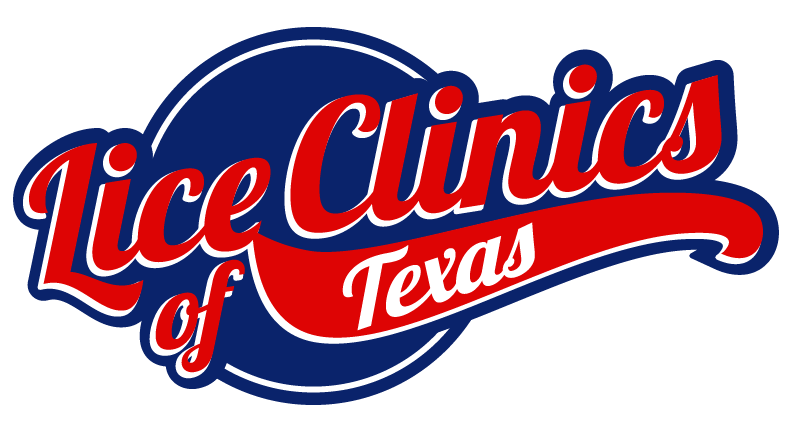Summer camps all across the United States report that head lice are a common problem for them. According to the The American Camp Association, there are about 7,000-overnight camps and about 5,000-day camps in the U.S., for a total of more than 12,000 camps. These camps are attended each year by more than 11 million children. Many of these camps contact local professionals to provide head lice screenings in hopes of preventing an outbreak. Others do not even have a plan if someone is diagnosed with head lice.
Why Is Summer Camp A Prime Time for Head Lice?
The Centers for Disease Control and Prevention states, “Head lice are spread by direct contact with the hair of an infested person. Anyone who comes in head-to-head contact with someone who already has head lice is at greatest risk….Personal hygiene or cleanliness in the (camp) has nothing to do with getting head lice.”
Summer camp brings kids together! They spend days living close together in tents or cabins, sharing clothing, sleeping near each other, and spending all day with their friends. This gives head lice more opportunities than normal to transfer from one head to another.
Children also become more close-knit and tend to share things they normally wouldn’t. Whether its a sweatshirt, a swimming towel or a teddy bear, kids who are staying together become closer and borrow things more frequently.
Does Your Summer Camp Provide Head Lice Screenings?
There are several ways to ensure that your child is protected against head lice during summer camp. Checking with their camp policies and procedures is a great way to start. Some camps will send a child home if they show signs of head lice. Others will simply treat the problem at camp. Lice Clinics of Texas is an excellent resource for providing camp screenings and offering onsite treatments if needed. If your camp doesn’t have a plan in action, suggest they contact our offices today to determine what would work best for your summer camp.
How to Keep Kids Head Lice Free at Summer Camp
- Don’t send your child to camp without first ensuring they do not already have head lice. Take the time to perform a head lice screening on your own child. Using a nitpicking comb, look through the child’s hair for any signs or traces of head lice. If you have any questions or concerns, contact Lice Clinics of Texas for help. We also offer head lice screening in the clinic and can show you what to look for.
- Contact your local Lice Clinics of Texas for any preventative products that may be able to help your child during summer camp. We offer safe, affordable shampoos, conditioners, and sprays that deter head lice from making your child’s scalp a host.
- Talk to your kids about the ways head lice are commonly transferred. Teach them that direct head to head contact poses the greatest risk. That means snuggling, hugging, sitting next to someone, or even standing closely.
- Remind them not to share personal items, hair brushes, blankets, etc. Ensure they understand that these belongings could pass along nits, or lice eggs and cause an infection. Even things such as electronic devices with earbuds or headphones could transfer head lice.
- Reassure children that people with head lice are not bad or dirty. Anyone and everyone is at risk. Teach them that there are safe and painless ways to eliminate head lice and possibly prevent it.

